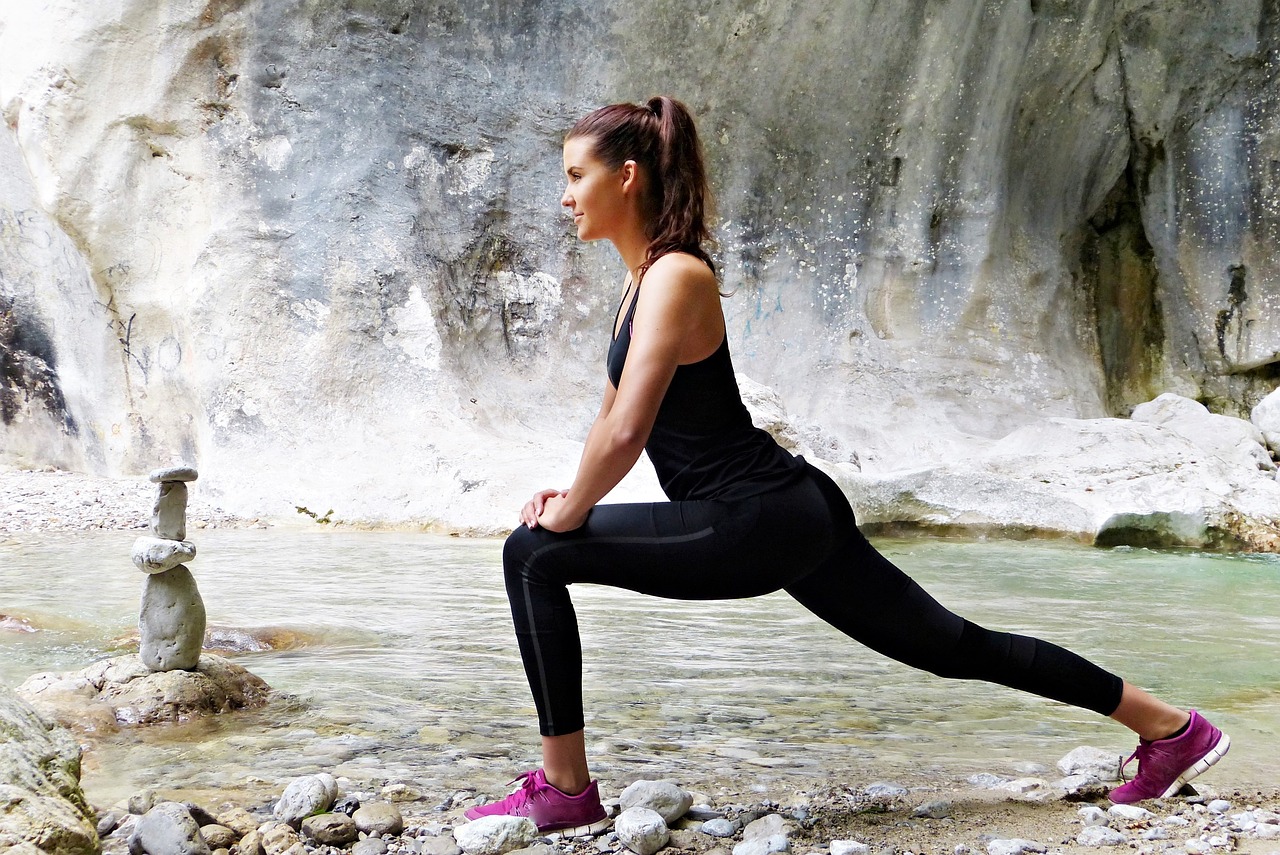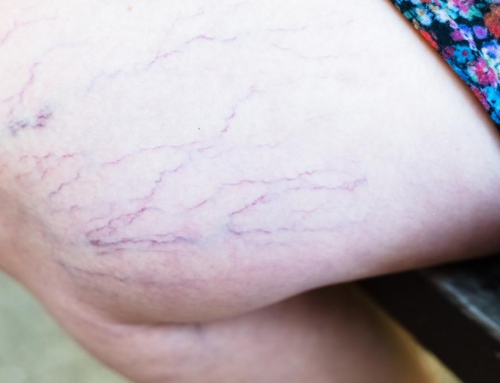Diabetes has become a major health concern in the United States. According to the latest statistics, over 34 million people in the country have it.
The Centers for Disease Control and Prevention released a new report recently that states that more than 100 million U.S. adults either have diabetes or prediabetes. In fact, diabetes has now become the 7th leading cause of death in the country!
Each year more and more people are diagnosed with diabetes and suffer from various medical issues caused by it. The high blood sugar levels it engenders can lead to medical complications such as:
- Heart disease
- Blindness
- Stroke
- Kidney Failure
- Obesity
- Amputation of legs, feet, or toes
Diabetes and Venous Diseases
The high levels of sugar in the blood caused by diabetes often lead to the weakening of the blood vessels. As a result, the blood vessels and veins become susceptible to inflammation and infection, increasing the risk of circulatory issues.
Diabetes also causes weight gain, which can also increase the pressure in the veins. The additional strain on the veins, combined with the weakness and damage caused by high blood sugar, can lead to venous insufficiency.
Too much glucose build-up in the blood can also slow down the flow of blood in the arteries and veins, causing further damage to the nerves. With time, numbness begins to occur in the limbs as the blood supply starts to diminish.
As the veins weaken and diabetes worsens, the risk of various venous disorders such as varicose veins, leg ulcers, blood clots, and spider veins also increases.

Preventing Venous Disorders for Diabetes Patients
Patients with diabetes have an increased predisposition for various venous disorders and require increased preventive measures. A healthy diet and regular exercise are recommended by most venous and diabetes experts. Other preventive measures include:
- Elevate legs when at rest
- Eating high fiber foods
- Avoiding foods with high sodium
- Wearing loose-fitting clothes to encourage healthy blood circulation
- Avoiding extended periods of sitting or standing
- Getting regular assessment from vein experts
Treatment for Venous Inefficiency in New York:
If you have diabetes, you must be proactive when it comes to getting regular vein assessment. If you notice any symptoms that might indicate an underlying vein issue, consult professional vein experts like Varicose Veins Doctors New York.
We specialize in addressing venous concerns and offer revolutionary treatments for various vein conditions.
Our team of top vein specialists in NYC has years of experience diagnosing and treating venous disorders such as varicose veins, restless leg syndrome, deep vein thrombosis, Spider Veins, and leg cramps.
Get in touch with us for customized vein treatment plans by calling 212-906-9111 and scheduling an appointment!

